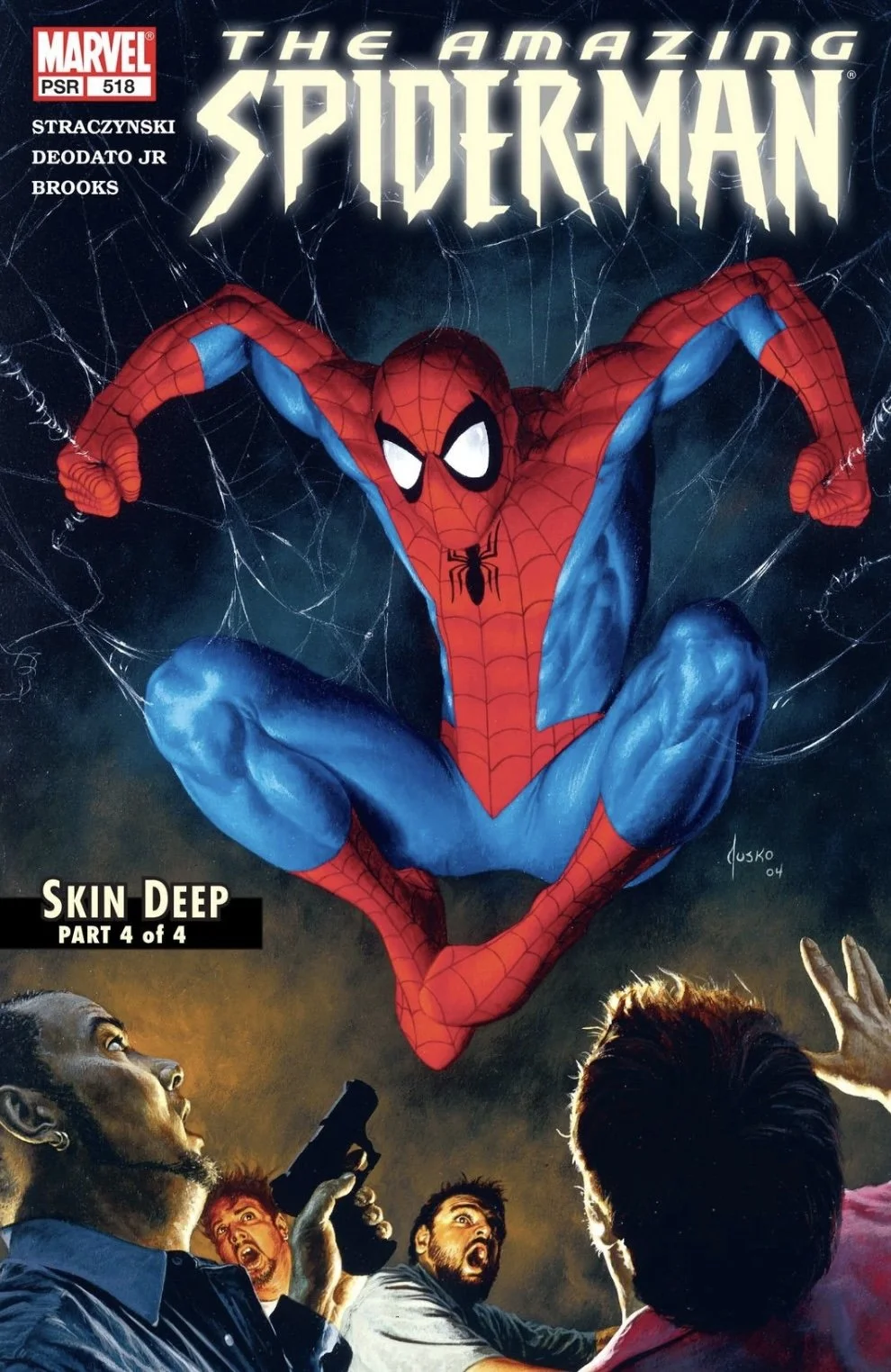UNVEILING THE MAJOR FILM STUDIOS THAT PRODUCE SPIDER-MAN MOVIES AND OTHER SUPERHEROES WE HAVE LOVED SINCE CHILDHOOD
The cinematic world of superheroes has become a global phenomenon, captivating audiences of all ages. Behind the capes, masks, and epic battles, however, lies a different kind of fight—one between the creators, decision-makers, and studios that bring these stories to life. Marvel Studios, Sony Pictures, DC Studios, and the now-absorbed 20th Century Fox each play their part in shaping the superhero genre. But who truly dominates this cinematic battleground? Let’s dive into the story behind the screens.
Marvel Studios: The Reigning King of Superhero Cinema
Marvel Studios, a division of Disney, stands as the undisputed leader in the superhero genre. Since its groundbreaking debut with Iron Man in 2008, the Marvel Cinematic Universe (MCU) has set the standard for interconnected storytelling, creating an expansive universe filled with heroes like Captain America, Thor, and Doctor Strange. With a staggering $29 billion earned at the global box office, the MCU is a juggernaut unmatched by any other franchise.
However, not every superhero belongs to Marvel Studios. Spider-Man, for instance, swings between Marvel and Sony due to complicated rights agreements. Yet, even with these limitations, Marvel’s consistent quality and bold vision have kept it on top, proving that it’s not just about the characters—it’s about how you tell their stories.
Marvel Studios
Sony Pictures: The House That Spider-Man Built
Sony Pictures may not control as many heroes as Marvel, but it possesses one of the most beloved: Spider-Man. Since the early 2000s, Sony has used the web-slinger to build a cinematic legacy, from Sam Raimi’s acclaimed trilogy to the modern Spider-Man films starring Tom Holland. The collaboration between Sony and Marvel Studios has allowed Spider-Man to thrive within the MCU, much to the delight of fans worldwide.
Yet, Sony’s attempts to create its own Spider-Man Universe (SSU), with characters like Venom and Morbius, have seen mixed success. While films like Venom have attracted audiences, others have struggled to find their footing. Despite its challenges, Sony’s grip on Spider-Man ensures it remains a formidable player in the superhero landscape.
Sony Studios
Sony Studios in October by Raimondo Rossi
DC Studios: A Universe in Flux
DC Studios, part of Warner Bros. Discovery, holds some of the most iconic superheroes of all time—Batman, Superman, Wonder Woman, and Aquaman. These legendary figures have been cultural touchstones for decades, and their cinematic adaptations continue to inspire awe.
However, the path for DC has been rocky. While individual successes like Wonder Woman and Aquaman have showcased the studio’s potential, the overall lack of cohesion in the DC Extended Universe (DCEU) has held it back. Films like Justice League and Black Adam failed to make the impact expected of such beloved characters. Now, under the leadership of James Gunn, DC is embarking on a fresh journey with the newly planned DC Universe (DCU). The future is uncertain, but the potential remains vast.
20th Century Fox: A Legacy Passed On
Before its acquisition by Disney in 2019, 20th Century Fox was a major force in superhero cinema. The studio brought the X-Men to life, introduced audiences to the irreverent Deadpool, and reimagined the Fantastic Four (to varying degrees of success). Films like Logan and Deadpool proved that superhero stories could be bold, mature, and even break the mold of traditional filmmaking.
With Fox now part of Disney, its characters have returned to Marvel Studios, setting the stage for their integration into the MCU. This acquisition has only strengthened Marvel’s dominance, but the legacy of Fox’s contributions remains undeniable.
The Cinematic Showdown
So, who rules the superhero world?
• Marvel Studios: With its unparalleled success and storytelling innovation, Marvel stands at the top of the superhero hierarchy.
• Sony Pictures: While Spider-Man keeps Sony in the game, its struggles to expand beyond the web-slinger reveal its limitations.
• DC Studios: Despite its iconic roster, DC has yet to match Marvel’s consistency, though its potential remains immense.
• 20th Century Fox: No longer an active competitor, Fox’s influence lives on through its groundbreaking films and the characters now folded into the MCU.
In the end, the true winner is the audience, who get to enjoy the fruits of these studios’ creative rivalries. Whether you cheer for Marvel’s interconnected universe, Sony’s web-slinging adventures, or DC’s darker heroes, there’s no shortage of cinematic superpowers to admire.
To see more visit The Opinion.







